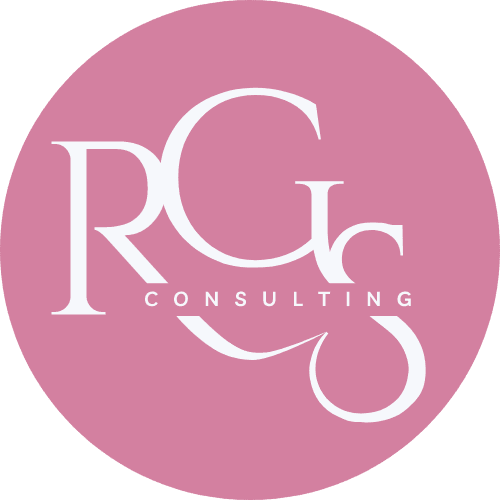The Paradox of Power: Why Leaders Don't Always Need Emotional Intelligence to Reach the Top

Many of us assume that reaching the highest levels of leadership requires exceptional emotional intelligence (EI) - the ability to understand and manage both our own emotions and those of others. Yet reality often shows us a different picture: some powerful leaders display surprisingly low levels of emotional intelligence. How do they make it to the top?
Several key factors help explain this counterintuitive phenomenon:
First, the skills that propel initial success often differ from those needed for effective leadership. Technical expertise, strategic thinking, and ruthless efficiency can drive rapid career advancement, especially in results-driven industries. A brilliant strategist or exceptional deal-maker may climb the ladder without developing their emotional capabilities along the way.
Second, power itself can erode emotional intelligence over time. Research suggests that as people gain power, they often become less adept at reading others' emotions and perspectives - a phenomenon some psychologists call "power-induced blindness." The very position of authority can create an empathy gap between leaders and those they lead.
Third, organizational structures sometimes inadvertently reward and protect leaders with lower EI. When surrounded by teams that manage stakeholder relationships and smooth over interpersonal conflicts, a leader's lack of emotional intelligence may be masked or compensated for by their support system.
The environmental feedback loop also plays a crucial role. Once in power, leaders often face less candid feedback about their interpersonal shortcomings. Subordinates may hesitate to point out emotional blind spots, creating an echo chamber that reinforces existing behaviors.
Interestingly, some traits that might be considered EI deficits can actually serve as advantages in certain contexts. Direct, unfiltered communication styles or reduced sensitivity to others' emotional states can enable quick, decisive action - particularly valuable in crisis situations or highly competitive environments.
Gender dynamics add another critical dimension to this phenomenon. Research suggests that women often face a double bind when it comes to emotional intelligence and leadership. While women are generally expected to demonstrate higher levels of emotional sensitivity and interpersonal skills, they may be penalized for being "too emotional" in professional settings. Conversely, women who adopt more direct, less emotionally attuned leadership styles frequently face criticism for being "cold" or "aggressive" - labels rarely applied to male leaders exhibiting identical behaviors. This dynamic means that women often must perform a careful balancing act with their emotional expression to advance, while men may face fewer consequences for low emotional intelligence. Some studies indicate that men with lower EI might even benefit from being perceived as "tough" or "no-nonsense" leaders, particularly in traditionally male-dominated industries.
This complex interplay between power, emotional intelligence, and gender raises important questions about sustainable leadership. While it's possible to reach the top without high emotional intelligence, leading effectively and building lasting organizational health often requires these skills. Organizations that truly want to thrive must look beyond short-term results and create systems that cultivate both technical and emotional competencies in their leaders.
The challenge ahead lies in transforming our understanding of effective leadership to value and develop emotional intelligence alongside traditional metrics of success. Only then can we build organizations that not only achieve their goals but do so through truly inspiring and emotionally intelligent leadership.
Contact Us
Book Your Complimentary Consultation
If you have questions about our services, need guidance on a specific challenge, or are ready to start, we are ready to explore what help will be for you and your business. Your first conversation with us will be free. We will focus on what you need to understand your unique needs and how we can work together.
Looking forward to connecting.
